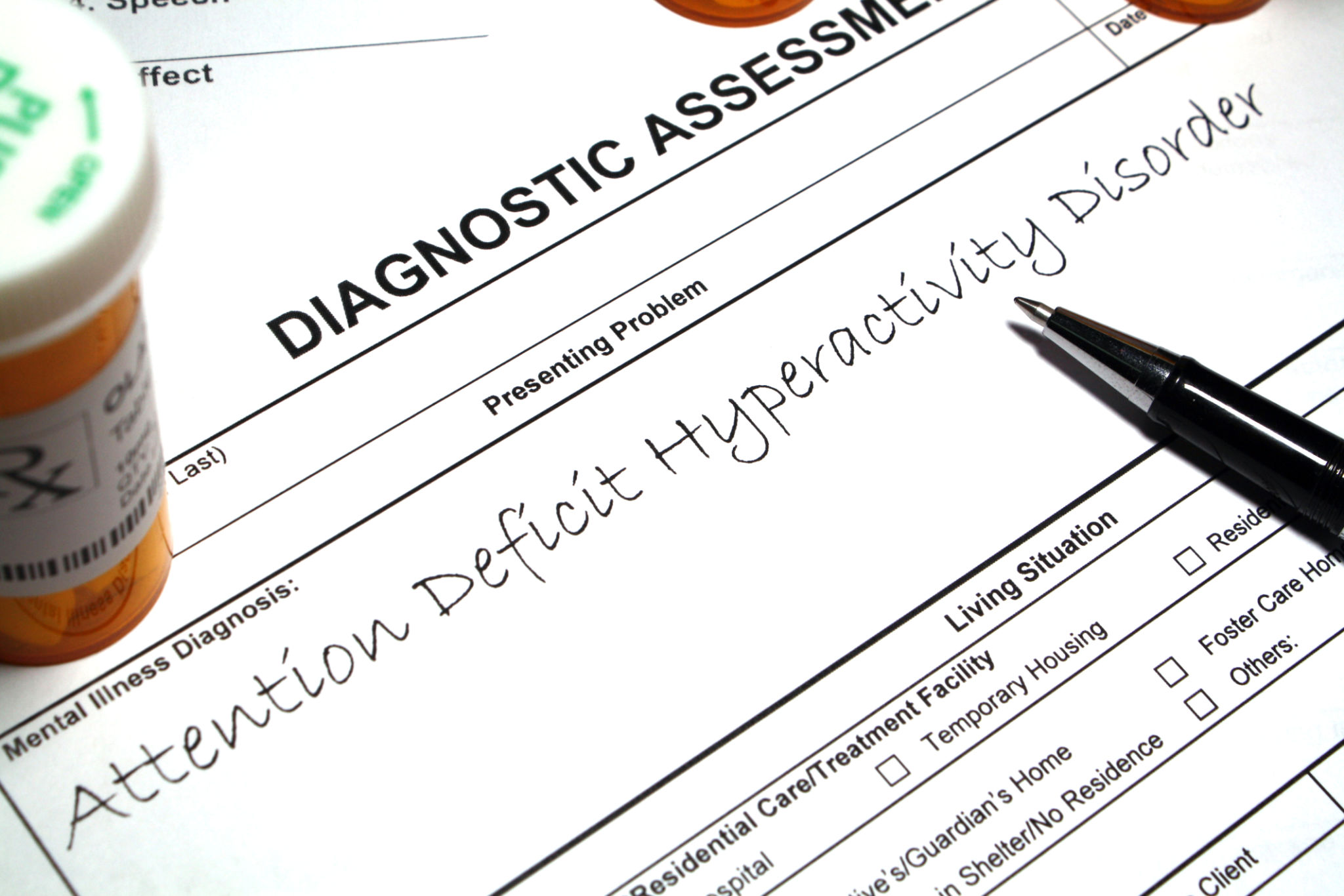Common Misconceptions About ADHD in Adults: Facts vs. Myths
Understanding ADHD in Adults
Attention Deficit Hyperactivity Disorder (ADHD) is often misunderstood, especially when it comes to adults. While it is frequently associated with children, many adults live with ADHD and face unique challenges that differ from those experienced by younger individuals. Debunking common myths about adult ADHD can lead to better understanding and support.

Myth 1: ADHD is Just a Childhood Disorder
One of the most prevalent misconceptions is that ADHD only affects children. While it's true that symptoms often begin in childhood, they can persist into adulthood for many individuals. In fact, some may not even receive a diagnosis until later in life, after years of struggling with symptoms like disorganization, impulsivity, and difficulty focusing.
It's important to recognize that ADHD is a lifelong condition. Adults with ADHD may face challenges in work environments, relationships, and daily tasks. Understanding this can lead to more effective management strategies and accommodations.
Myth 2: Adults with ADHD Are Just Lazy or Unmotivated
Another harmful myth is that adults with ADHD are simply lazy or lack motivation. This misconception can lead to unfair judgments and stigma. In reality, ADHD affects the brain's executive functions, which can make organizing tasks and staying focused particularly challenging.

People with ADHD often exert significant effort to complete tasks that others may find straightforward. The issue is not a lack of desire or effort but rather a neurological difference that requires understanding and strategic management.
Myth 3: Medication Cures ADHD
While medication can be an effective part of treatment for many with ADHD, it is not a cure. Medications such as stimulants or non-stimulants can help manage symptoms by improving focus and reducing impulsivity. However, they are most effective when combined with behavioral strategies, therapy, and lifestyle adjustments.
It's crucial to approach ADHD treatment holistically, considering various options and tailoring them to individual needs. This comprehensive approach can help adults with ADHD navigate challenges more effectively.

Myth 4: All Adults with ADHD Are Hyperactive
The "H" in ADHD stands for hyperactivity, but not all adults with the disorder exhibit hyperactive behavior. In fact, many adults experience more inattentive symptoms, such as difficulty focusing on tasks or frequent daydreaming. These symptoms can sometimes be overlooked or misinterpreted as laziness or lack of interest.
Recognizing the diverse ways in which ADHD can manifest is essential for understanding and supporting those who live with it. Not every individual will display the same set of symptoms, which can vary widely in intensity and impact.
Myth 5: ADHD Is Overdiagnosed in Adults
There is a common belief that ADHD is overdiagnosed in adults, but research suggests that it is actually underdiagnosed. Many adults may not seek help until they encounter significant challenges in their personal or professional lives. Consequently, they might go undiagnosed for years, leading to increased frustration and decreased quality of life.

Greater awareness and understanding of adult ADHD can lead to more accurate diagnoses and better support systems. It's important for adults who suspect they have ADHD to seek professional evaluation and guidance.
The Importance of Dispelling Myths
Dispelling these common myths about adult ADHD is crucial for fostering empathy and support. By understanding that ADHD is a valid and complex condition affecting people of all ages, society can work towards creating more inclusive environments where individuals with ADHD can thrive.
Fostering a supportive community requires education and open-mindedness. By challenging misconceptions and promoting accurate information, we can create a world where adults with ADHD feel understood and empowered to reach their full potential.